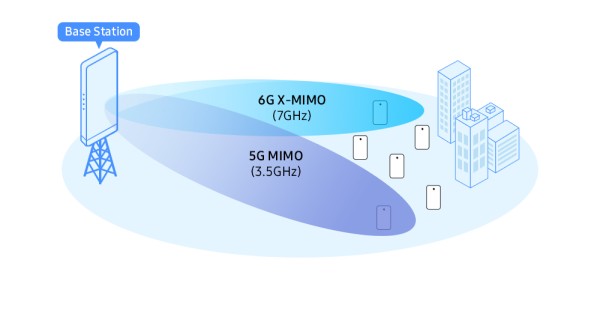EUCAST Global, a company with LTE, CBRS, and 5G advanced wireless telecommunication technology announced it successfully deployed a private network system on a portion of Colorado’s Interstate 70 that is providing seamless connectivity for mobile users and smart devices like cameras and road sensors. In mountainous terrain covered with rock walls and temperatures that dip below 0 degrees, EUCAST technology provides connectivity in areas that previously had no or low cellular signal.
Partnering with the University of Denver, EUCAST recently tested its equipment in coordination with the Colorado Department of Transportation (CDOT) on a remote section of the mountainous Interstate 70. The testing was designed to prove functionality in various CDOT use case scenarios.
“The first use case was showing we could provide seamless connectivity allowing a user to connect in areas of low to no signal,” says Jaehyeong Kim, the President and CEO of EUCAST Global. “The second was to deploy the equipment with no infrastructure buildout. Using existing infrastructure, EUCAST can economically and efficiently install its base stations piggybacking on existing cell towers, street light poles or digital sign infrastructure. The third is to prove that the base stations can connect not only through fiber, but wirelessly, and through satellite as a backhaul. We have proven all use cases.”
EUCAST is now advancing discussions with CDOT to provide network coverage in several low to no-signal areas of Colorado. Additionally, discussions have commenced on using EUCAST’S network in a box (NIB) solution in vehicles, backpacks, and drones for disaster and emergency situations. For more than a decade EUCAST’s focus was South Korea and Japan where its products are currently commercially deployed.
EUCAST sees the United States as a critical component of its global growth strategy. EUCAST Global’s headquarters was established last year in Denver, Colorado. The company was also selected in a highly competitive review process to be an exhibitor at the Cities Summit of America, promoted by Secretary of State, Anthony Blinken, in Denver, Colorado April 26-28.
Castle Placement has been retained to assist in its capital raise.
“We have identified a technology that is faster, more efficient, and less expensive,” said Gary Sumihiro, EUCAST Director who told the Denver Post recently that “EUCAST has the rights to deploy the technology to the Americas and Europe and is starting with Colorado. The goal is to eventually manufacture the products domestically.”
EUCAST manufactures and supplies 5G/LTE and CBRS wireless communication solutions, allowing users to access the cellular frequency spectrum and internet whenever and wherever desired. EUCAST base stations, control servers, core network, and network management systems, allow users in remote and underserved communities to access the internet.
Tele-education and Tele-health along with partnering with companies to deploy smart pole technology are all in the EUCAST business plan. EUCAST also provides private network solutions for the private and public sectors looking to move beyond traditional carrier charges by utilizing the CBRS free spectrum. EUCAST will also be deploying its digital twin solution this year.
“EUCAST’S decade of commercial application and strong R&D in 5G, Digital Twin, and Network in a box technology strengthens the company’s position in entering the US market,” stated EUCAST Director, Betsy Markey. “Additionally, the deployment of mobile wireless technology is critical to assist in closing the digital divide that unfortunately still persists in the United States today.



























